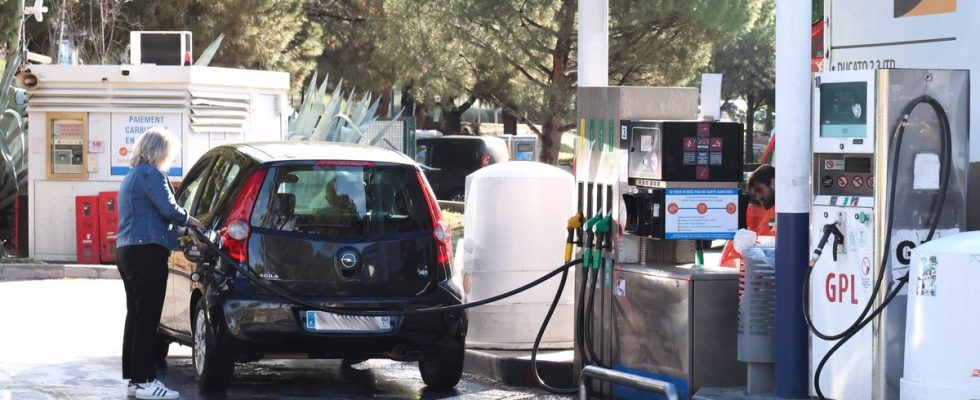In the spring of 2022, boosted by the post-Covid-19 recovery and then by the consequences of the war in Ukraine, fuel prices had exploded. To compensate for the loss of purchasing power, the government then introduced a rebate of 15 to 18 cents including tax per liter of fuel, increased to 30 cents in September-October. A measure supposed to relieve all households, but especially the most modest. However, the rebates have benefited more well-to-do households, which are the biggest rollers, we learn in an INSEE study published Thursday.
Insee’s simulations suggest that they have led to an average reduction in motorists’ bills of 51 to 81 euros. The wealthiest 25%, who consume more fuel on average, have benefited more from this measure (between 64 and 115 euros, compared to between 29 and 48 euros for the 25% most modest), but this reduction represents a greater share. low in their income, analyzes INSEE.
An average price drop of 10.8% compared to the market price
The statisticians based this study on the bank data of 10,777 Crédit Mutuel motorist customers, anonymized and analyzed between September 2021 and January 2023.
When prices increase by 1%, motorists delay fuel purchases and volumes decline in the short term, by 0.21% to 0.40%, according to the study. These adjustments are three times stronger among “small riders” (who spend less than 17 euros per month on fuel), more inclined to change their habits or postpone their purchases.
Rural, peri-urban or “high-speed” households (more than 120 euros per month of fuel), with their higher average consumption linked in particular to longer home-to-work journeys, further reduce their fuel consumption volumes following a price increase. They thus benefited more from the rebates granted by the government.
These reduced prices by 10.8% on average, compared to market price developments. Compared to a situation where prices would have remained at their high level at the start of 2022, these discounts have thus increased fuel consumption by an estimated 16 to 31 litres. This increase represents between 2.2% and 4.2% of the average annual consumption of a motorist household (740 litres).
According to this study, urban motorist households spent 981 euros in fuel costs on average in 2022, compared to 1,480 euros for motorist households living in peri-urban areas and 1,855 euros for those living in rural areas.

